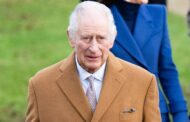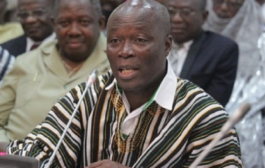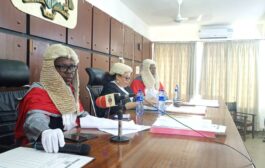The former crown prince of Jordan has pledged allegiance to King Abdullah, two days after he said he was placed under house arrest and accused of trying to destabilise the country.
Prince Hamzah bin Hussein, 41, issued a statement hours after mediation, saying he was committed to the constitution.
Officials said the king had asked his uncle, Prince Hassan, to help resolve the unprecedented tensions.
The prince denies the allegations of conspiracy.
In a signed letter quoted by the palace on Monday, Prince Hamzah said: “I place myself in the hands of his majesty the king… I will remain committed to the constitution of the dear Hashemite Kingdom of Jordan.”
The prince has not spoken publicly since sending videos to the BBC at the weekend.
Malik Dahlan, a professional mediator and a friend of the family, issued a separate statement, saying the mediation had been “successful” and that he expected a resolution “shortly”, according to the Associated Press news agency.
Prince Hamzah was first in line to succeed his half-brother, King Abdullah, as Jordan’s head of state until 2004, when he was removed as crown prince. King Abdullah designated his son as heir instead.
The public rift between Prince Hamzah and King Abdullah is unprecedented. Tensions within the royal household, however, have reportedly been present for some time.
On Tuesday, the prosecutor general in the capital, Amman, banned the publication of any information – on media or social media – about tensions between King Abdullah and Prince Hamzah.
“In order to keep the security services’ investigation into Prince Hamzah and the others secret, [it is decided] to ban the publication of anything related to this inquiry at this stage,” prosecutor Hassan al-Abdallat said in a statement shown on television.
What’s the background?
On Saturday, Prince Hamzah released two videos to the BBC in which he claimed he had been placed under house arrest. He said a senior official had told him he was not allowed to go out or communicate with people because of criticisms of the government or king voiced at meetings where he had been present.
The apparent arrest is thought to have followed a visit by the prince to tribal leaders, where he is said to have garnered some support.
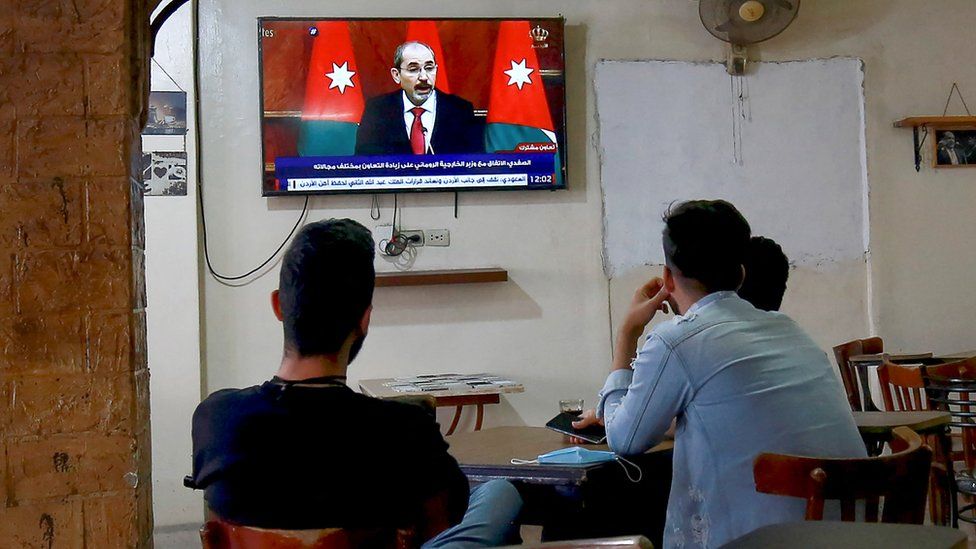
On Sunday, Deputy Prime Minister Ayman Safadi said the prince had been liaising with foreign parties about destabilising the country and had been monitored for some time.
He accused the prince of seeking to mobilise “clan leaders against the government”. Mr Safadi said officials had tried to discourage the prince rather than take legal action, but Prince Hamzah had “dealt with this request negatively”.
He added that at least 16 people, including a former adviser to King Abdullah and another member of the royal family, had been arrested over the plot. But no members of the armed forces were said to be among those detained.
Also on Sunday, Jordan’s opposition released a recording in which a defiant Prince Hamzah said he would not obey orders from the authorities.
Crisis is not over yet
Jordan confronts a series of crises which are closely entwined: an unprecedented royal rift, an alleged plot involving “foreign entities” and growing discontent as a deepening economic crisis bites.
For now, the Hashemite royal family appear to have closed ranks. The family elder, Prince Hassan, threw his weight behind the scenes to achieve a public show of unity, bound by loyalty to the king. But there are still Prince Hamzah’s accusations and activities, including meetings with prominent tribes said to have voiced criticism of government and king, which rang alarm bells.
Many holes in the alleged plot remain. The identities and ambitions of all people detained have not been made public. Nor is it clear which foreign entities may have wanted to destabilise the kingdom.
Whatever happened was serious enough for Jordan’s allies and neighbours, including other Arab monarchies, to race to express full support for King Abdullah. This crisis is not over.
Who is Prince Hamzah?
The oldest son of the late King Hussein and his favourite wife Queen Noor, Prince Hamzah is a graduate of the UK’s Harrow School and the Royal Military Academy at Sandhurst. He also attended Harvard University in the US and has served in the Jordanian armed forces.
He was named crown prince of Jordan in 1999 and was a favourite of King Hussein, who often described him in public as the “delight of my eye”. However, he was seen as too young and inexperienced to be named successor at the time of King Hussein’s death in 1999.
Instead his older half-brother, Abdullah, ascended the throne and stripped Hamzah of the title of crown prince in 2004, giving it to his own son. The move was seen as a blow to Queen Noor, who had hoped to see her eldest son become king.
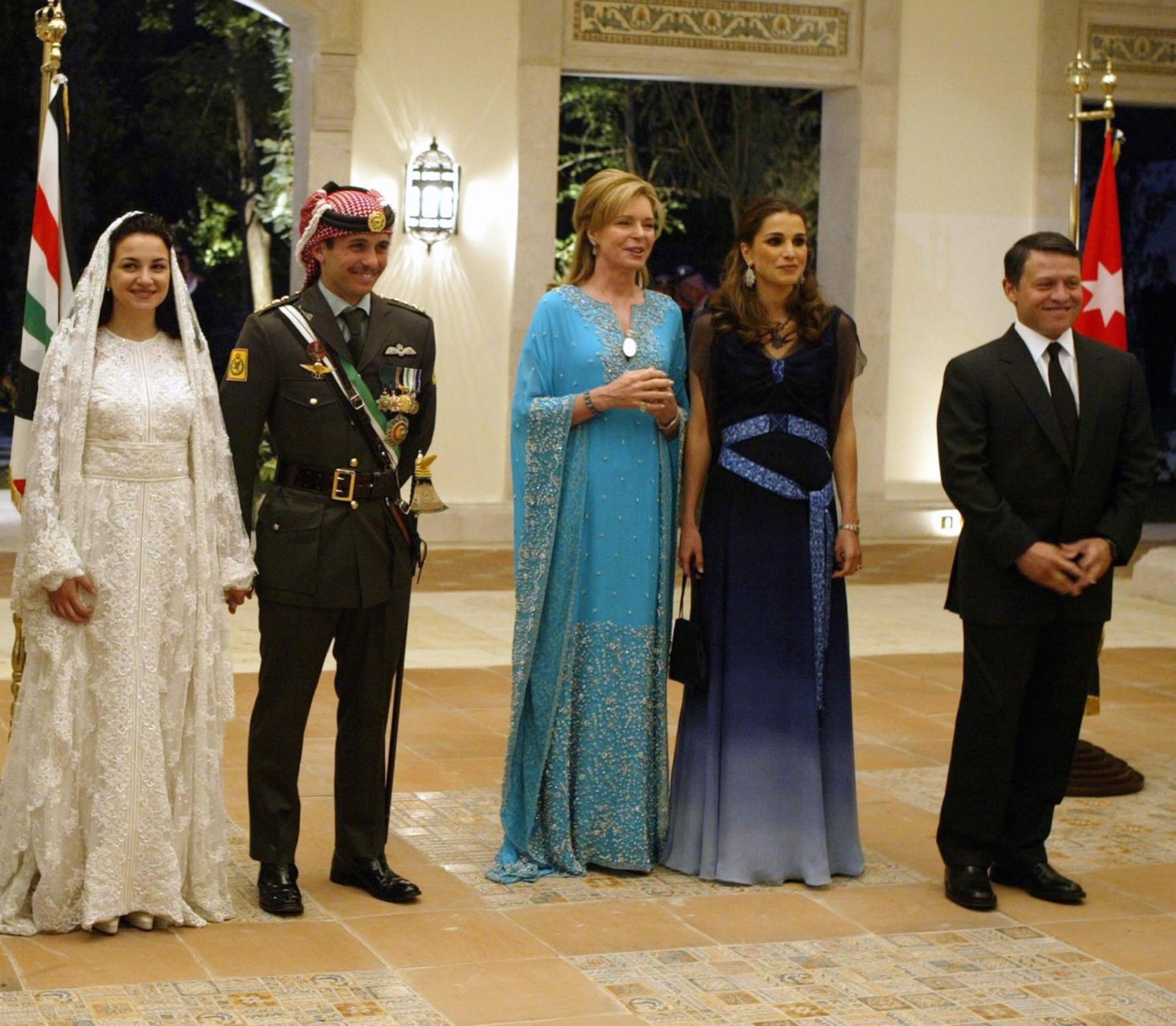
High-level political arrests are rare in Jordan. The country’s powerful intelligence agency, however, has gained extra powers since the pandemic began, drawing criticism from rights groups.
A key Western ally, Jordan is a constitutional monarchy, but the royals play a major role in public life and King Abdullah has extensive powers. He can appoint governments, approve legislation and dissolve parliament.
Source: BBC












